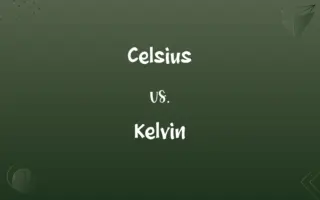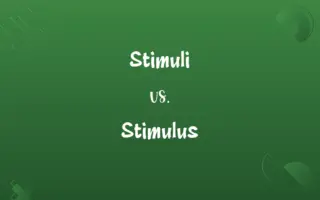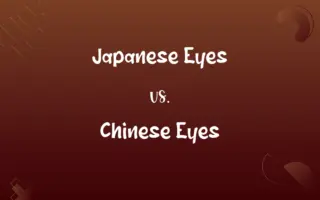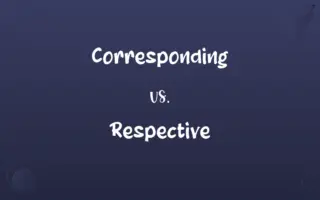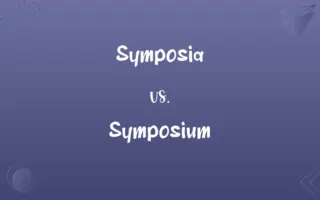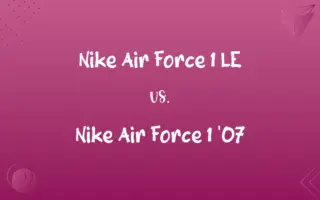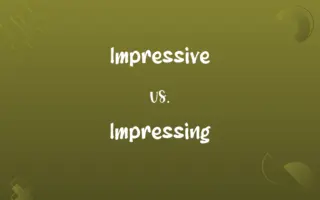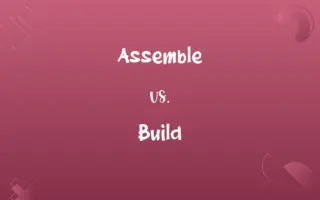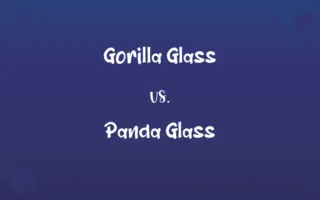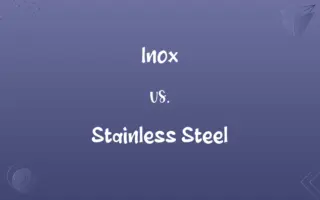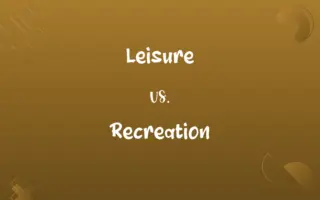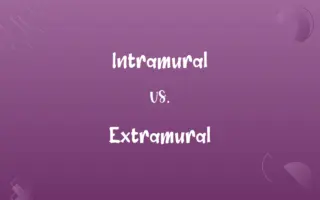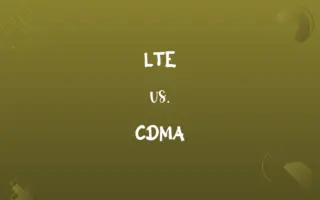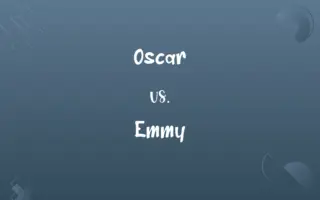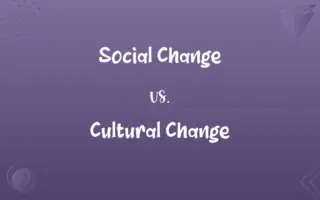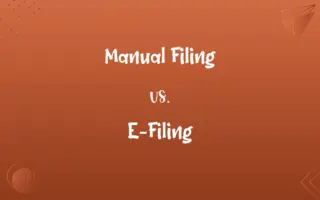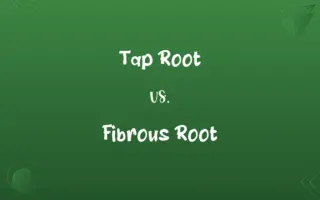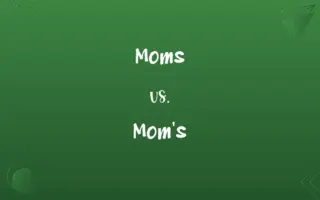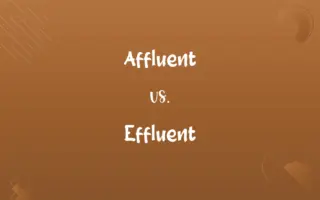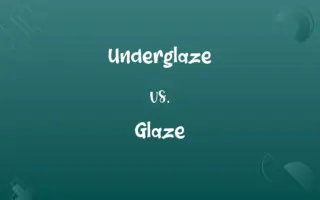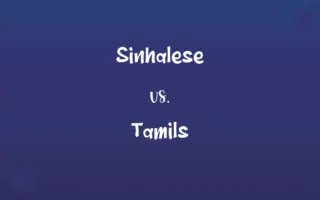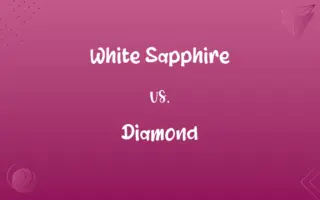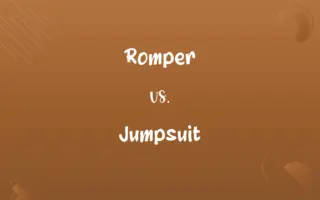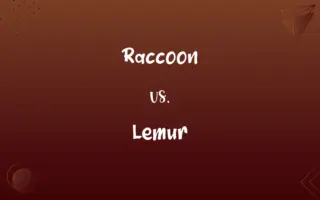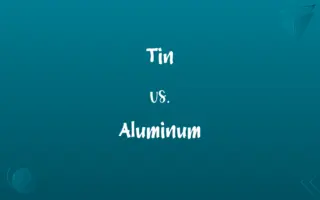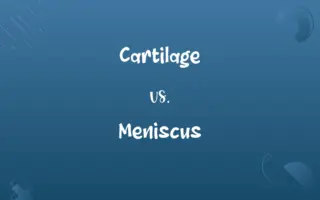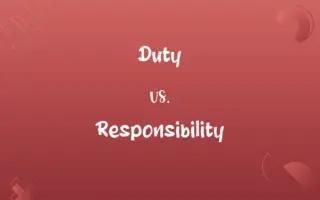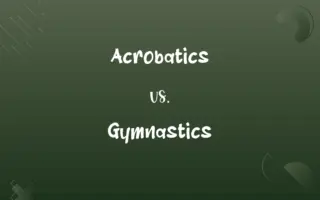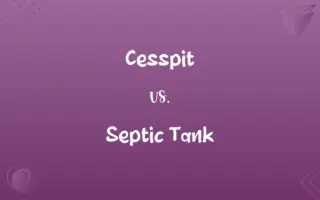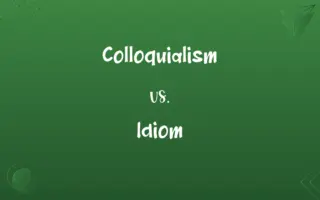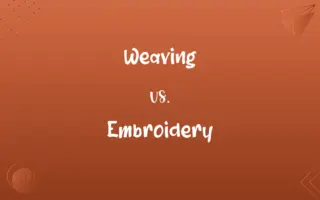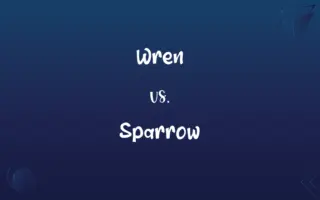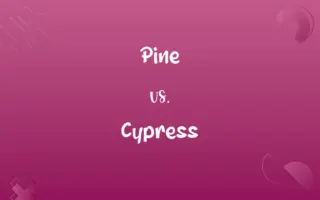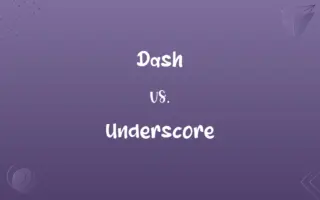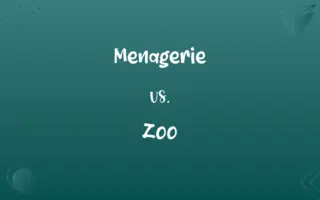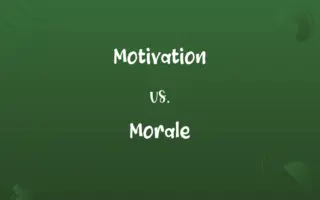Were vs. Had Been: Know the Difference

By Shumaila Saeed || Updated on December 25, 2023
"Were" is the past tense of "are," used for plural subjects, while "had been" is the past perfect tense indicating a past action completed before another past action.
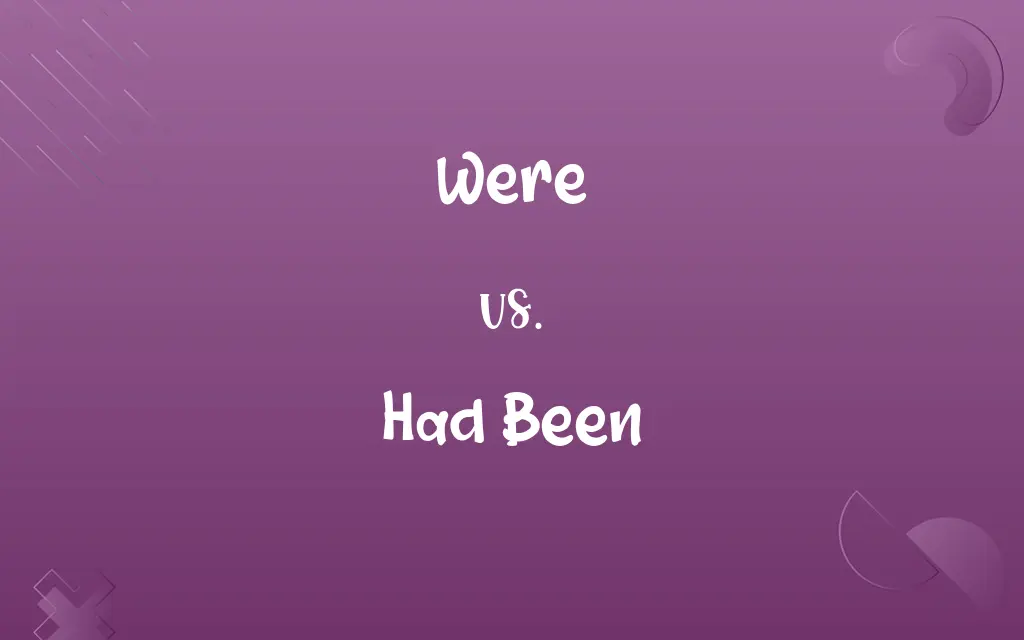
Key Differences
"Were" is the past form of "are," used for second person singular and plural, and first and third person plural subjects, indicating a state or action in the past. "Had been," however, is the past perfect form of "be," denoting an action completed at some point in the past before another action.
Shumaila Saeed
Dec 22, 2023
"Were" often describes actions or states in a simple past context without reference to another past action, whereas "had been" implies a relation to another past event, often used to express a duration of time before something else happened.
Shumaila Saeed
Dec 22, 2023
In usage, "were" is common in sentences that express habitual actions, states, or conditions in the past. On the other hand, "had been" is used to highlight the completion of an action that occurred before another event in the past.
Shumaila Saeed
Dec 22, 2023
"Were" can be used in subjunctive moods to express hypothetical or non-real situations in the past, while "had been" can indicate a completed action in the past, often relevant to a subsequent past action or condition.
Shumaila Saeed
Dec 22, 2023
Lastly, "were" is typically less complex in terms of temporal relationships, focusing on what simply happened, while "had been" adds a layer of complexity, linking two past events in a cause-and-effect relationship.
Shumaila Saeed
Dec 22, 2023
ADVERTISEMENT
Comparison Chart
Usage
Describes past actions or states
Indicates an action completed before another past action
Shumaila Saeed
Dec 22, 2023
ADVERTISEMENT
Were and Had Been Definitions
Were
Used in subjunctive mood for hypothetical situations.
If I were a millionaire, I would travel the world.
Shumaila Saeed
Dec 11, 2023
Had Been
Describes a past state or condition that existed before another past event.
The museum had been closed for renovation.
Shumaila Saeed
Dec 11, 2023
Were
Past tense of "are" for plural subjects in simple past.
They were excited about the concert last night.
Shumaila Saeed
Dec 11, 2023
Had Been
Used in reported speech for past states or actions.
He said he had been feeling unwell.
Shumaila Saeed
Dec 11, 2023
Were
Used in questions and negatives in the past tense for plural subjects.
Were you at the party yesterday?
Shumaila Saeed
Dec 11, 2023
ADVERTISEMENT
Had Been
Expresses a past action's completion before another past circumstance.
The guests had been seated before the speech began.
Shumaila Saeed
Dec 11, 2023
Were
Indicates past states or conditions for plural subjects.
The windows were open during the storm.
Shumaila Saeed
Dec 11, 2023
Had Been
Past perfect tense of "be" indicating a completed action before another.
She had been working there for a year before she resigned.
Shumaila Saeed
Dec 11, 2023
Were
Describes past habitual actions for plural subjects.
We were always busy on weekends.
Shumaila Saeed
Dec 11, 2023
Had Been
Indicates the duration of a past action up to another point in the past.
They had been driving all night when the sun rose.
Shumaila Saeed
Dec 11, 2023
Were
Second person singular and plural and first and third person plural past indicative of be.
Shumaila Saeed
Dec 10, 2023
Were
Inflection of be
We were about to leave.
Mary and John, you were right.
They were a fine group.
They were to be the best of friends from that day on.
Shumaila Saeed
Dec 10, 2023
Were
Inflection of be
I wish that it were Sunday.
I wish that I were with you.
Shumaila Saeed
Dec 10, 2023
Were
(fandom) The collective name for any kind of person that changes into another form under certain conditions, including the werewolf.
Shumaila Saeed
Dec 10, 2023
Were
A fine for slaying a man; the money value set upon a man's life; weregild.
Every man was valued at a certain sum, which was called his were.
Shumaila Saeed
Dec 10, 2023
Were
The imperfect indicative plural, and imperfect subjunctive singular and plural, of the verb be. See Be.
Shumaila Saeed
Dec 10, 2023
Repeatedly Asked Queries
What does 'had been' convey about time?
'Had been' conveys a sense of completion of an action before another past event.
Shumaila Saeed
Dec 22, 2023
How is 'had been' used in a sentence?
'Had been' is used to indicate a completed action before another past action.
Shumaila Saeed
Dec 22, 2023
What is the basic use of 'were'?
'Were' is used as the past tense of 'are' for plural subjects.
Shumaila Saeed
Dec 22, 2023
What is the difference between "had been" and "was/were"?
"Had been" is used for actions or states that occurred before a specific point in the past, while "was" or "were" is used for actions or states in the simple past.
Shumaila Saeed
Dec 22, 2023
Can "had been" be used in the future tense?
No, "had been" is not used in the future tense; it is exclusively a past tense construction.
Shumaila Saeed
Dec 22, 2023
Give an example of "were" in the subjunctive mood.
If I were rich, I would travel the world.
Shumaila Saeed
Dec 22, 2023
What is the past perfect continuous tense, and how does "had been" relate to it?
The past perfect continuous tense describes an ongoing action that started in the past and continued up to a point in the past. "Had been" is part of this tense.
Shumaila Saeed
Dec 22, 2023
Is "were" the same for all subjects in the past tense?
No, it is used for the second person singular (you) and the first/third person plural (we, they).
Shumaila Saeed
Dec 22, 2023
Can "were" be used with "I"?
No, "were" is not used with "I" in the past tense; "was" is used instead.
Shumaila Saeed
Dec 22, 2023
Can 'were' be used for singular subjects?
Yes, 'were' is used for singular 'you' and in subjunctive moods.
Shumaila Saeed
Dec 22, 2023
Is "had been" used in the present tense?
No, "had been" is strictly a past tense construction.
Shumaila Saeed
Dec 22, 2023
What is the subjunctive mood, and how is "were" used in it?
"Were" is often used in the subjunctive mood to express hypothetical or contrary-to-fact situations.
Shumaila Saeed
Dec 22, 2023
Can "had been" be used to describe a past event without indicating a specific duration?
Yes, "had been" can be used to describe a past event without specifying a duration, as long as it occurred before another past event.
Shumaila Saeed
Dec 22, 2023
Can "had been" be used in the same sentence with "will have been"?
Yes, you can use "had been" and "will have been" in the same sentence to express different points in the past and future, respectively.
Shumaila Saeed
Dec 22, 2023
Give an example of the past perfect continuous tense with "had been."
She had been working for the company for ten years when she retired.
Shumaila Saeed
Dec 22, 2023
Is "had been" commonly used in everyday conversation?
"Had been" is used in more formal or narrative contexts, while simpler past tenses like "was" or "were" are more common in everyday speech.
Shumaila Saeed
Dec 22, 2023
Is "had been" used in conditional sentences?
Yes, "had been" can be used in conditional sentences to express past conditions or situations that would have influenced a past result.
Shumaila Saeed
Dec 22, 2023
Share this page
Link for your blog / website
HTML
Link to share via messenger
About Author
Written by
Shumaila SaeedShumaila Saeed, an expert content creator with 6 years of experience, specializes in distilling complex topics into easily digestible comparisons, shining a light on the nuances that both inform and educate readers with clarity and accuracy.


